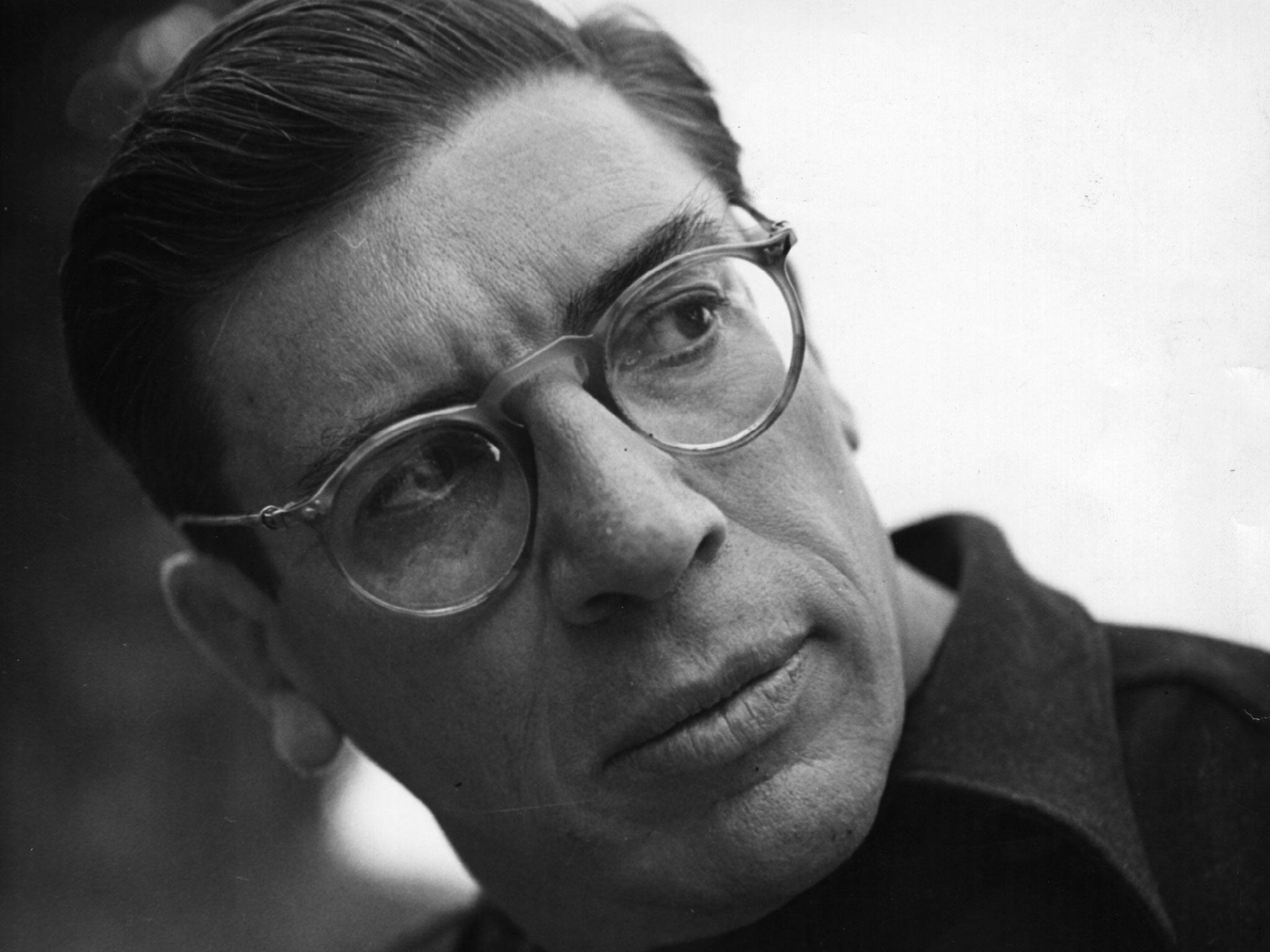
Your support helps us to tell the story
From reproductive rights to climate change to Big Tech, The Independent is on the ground when the story is developing. Whether it's investigating the financials of Elon Musk's pro-Trump PAC or producing our latest documentary, 'The A Word', which shines a light on the American women fighting for reproductive rights, we know how important it is to parse out the facts from the messaging.
At such a critical moment in US history, we need reporters on the ground. Your donation allows us to keep sending journalists to speak to both sides of the story.
The Independent is trusted by Americans across the entire political spectrum. And unlike many other quality news outlets, we choose not to lock Americans out of our reporting and analysis with paywalls. We believe quality journalism should be available to everyone, paid for by those who can afford it.
Your support makes all the difference.There was a time when Paul Gallico's novels had a place on every middle-class bookshelf, yet, even though several of his books remain in print, he has all but vanished from public consciousness. He was born in New York in 1897, the son of a famous Italian pianist and composer, and became one of the highest-paid sports writers in America. His career took off after he asked the boxer Jack Dempsey to spar with him, and was able to describe what it felt like to be knocked out by a champion.
Always a sentimentalist, he never considered himself literary, but said that he simply liked to tell stories. Many of his novels were expansions of the short pieces he sold to magazines. The Adventures of Hiram Holliday played out like Tintin tales, as the meek clerk rescued a princess in London's Green Park and escaped from a Nazi prison. The stories formed the basis of a smash-hit TV series in 1956, and are peppered with incognito countesses, false beards, puppets, secret codes, duels, clowns and sinister Brownshirts. Gallico was criticised for the whimsicality of his confections, but there was no denying his storytelling abilities, although his appeal occasionally depends on one's tolerance for talking cats and generally anthropomorphised animals. Of these, Jennie achieved classic status and remains in print. Another, Thomasina, became a much-loved Disney film.
His greatest success was The Snow Goose, about a disabled painter who keeps an Essex lighthouse, the girl he loves, and the goose he nurses back to health. Set after the evacuation of Dunkirk, it's actually better than it sounds, and reflects Gallico's own experiences as a gunner's mate in the US navy. His four best-sellers about the loveable salt-of-the-earth East End charlady Mrs Harris are sweet if somewhat emetic, but his novel The Poseidon Adventure, in which a group of survivors must travel through an upturned ship to find safety, won him new fans – especially following one good film version, marred only by Gene Hackman's roll-necked, condescending man of God.
Gallico was under no illusions about his talent. He said: "Nobody's a natural. You work to get good and then work to get better. It's hard to stay on top." He married four times, wrote more than 40 books, and achieved international fame. But the world changed, and perhaps his tales now feel too optimistic. There should, however, be a place for them even among hardened cynics.
Join our commenting forum
Join thought-provoking conversations, follow other Independent readers and see their replies
Comments